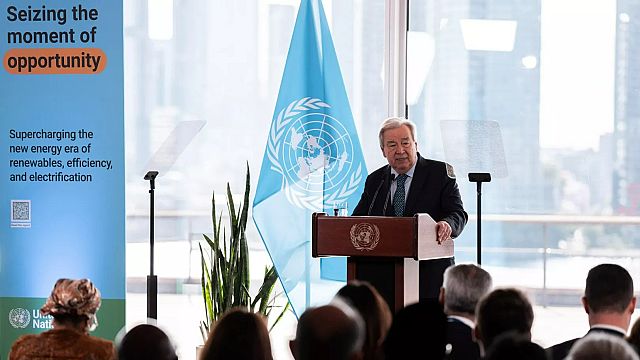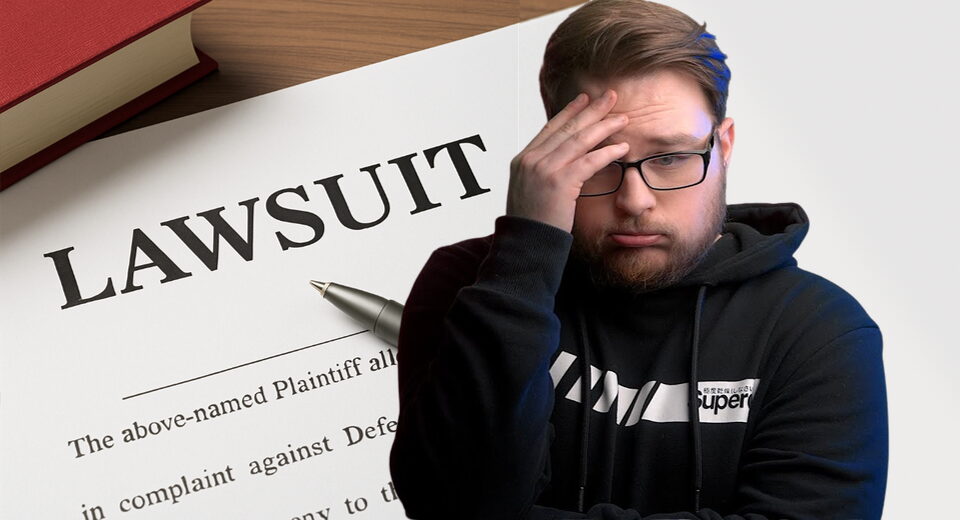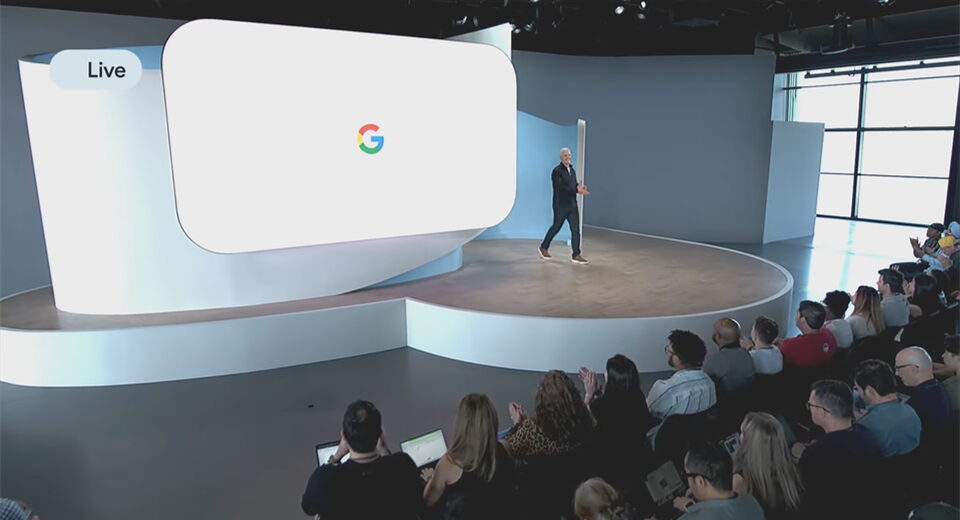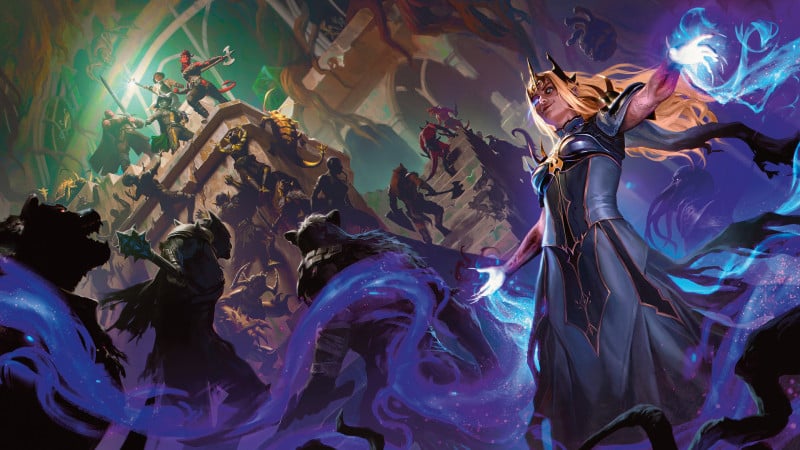Understanding the Epstein Saga

Jeffrey Epstein, the rich sex offender, has been dead for six years. But we’re still talking about him. Why?
His story has captivated the imagination of conspiracy theorists bent on proving that the government is corrupt — that elite America is a cabal of villainous pedophiles covering for one another. Those notions collided with real news in recent weeks, when the government released a long-promised memo about Epstein’s case. The Justice Department said it had nothing new to report.
Americans aren’t buying it. Most (69 percent) believe that the government is concealing information, including about who else may have been involved in his abuse of young girls, according to a Reuters/Ipsos poll. The fallout has threatened to fracture Trump’s base and given Democrats new energy.
In the swirl of conspiracy theories, it’s hard to tell what’s real in the Epstein saga. So today’s newsletter will help clarify what we know — and explain what reporters are still trying to learn.
Why are Americans so fixated on this?
As a refresher: Epstein was a financier who paid teenage girls to perform sex acts. He used his onetime girlfriend Ghislaine Maxwell to recruit and manage his victims. He had a wide circle of influential friends and acquaintances, including Bill Clinton and Trump.
Epstein was in legal trouble for decades: In 2005, police in Palm Beach, Fla., investigated him after the parents of a 14-year-old girl said she was molested at his mansion. In 2008, his lawyers finalized a plea deal that helped conceal the full accusations against him. But his story became major national news in 2019, when federal agents arrested him. (Read a timeline of key moments in the case.)
He died in a jail cell while awaiting trial on sex trafficking charges; a medical examiner concluded that he hanged himself. His story had all the elements for a conspiracy: He was a wealthy, politically connected man who had seemingly gotten away with horrific crimes for years and died suddenly while under government watch.
Why is he back in the news?
This may be a crisis of Trump’s own making. For years, Trump promised to reveal previously unknown details of the investigation into Epstein.
He didn’t. The Justice Department released a memo a few weeks ago that said the investigation had concluded, and that its findings weren’t new. The government said there was no “client list” full of famous Epstein associates. It also said he hadn’t been murdered in jail, despite the attorney general’s earlier hints that the government might disclose details on those topics. When Trump supporters revolted, the president told the Justice Department to release witness testimony gathered during Epstein’s 2019 prosecution.
Why do people believe there’s more?
Trump and Epstein were friends: They knew each other and socialized together for a decade, as Alan Feuer and Matthew Goldstein reported this past weekend. Their relationship seems to have ended around 2004 after both of them bid for a property in Florida. Trump has faced dozens of sexual misconduct allegations over the years, but our reporting has not connected any of those to Epstein.
Epstein got rich from powerful friends: How did he make so much money, and what did he do for the people who paid him? Billionaires like Leon Black, a private equity boss, gave him tens of millions of dollars. (Black denies knowledge of Epstein’s crimes and says that Epstein provided tax and estate-planning services.)
There’s video: The government is holding video evidence collected by investigators, including footage from inside the prison. Pam Bondi, the attorney general, has said that these don’t include any depictions of crimes by Epstein or his friends and that they were clips Epstein downloaded. Still, she said that she doesn’t want to release most of the videos because they document child sexual abuse.
There was an actual coverup: The Miami Herald found in 2018 that incriminating evidence never became public as a result of Epstein’s 2008 plea deal. The federal prosecutor who arranged the deal eventually became Trump’s labor secretary. After the Herald reports, conspiracy theories proliferated. Luke Broadwater, who covers the White House, explains a few:
We know a lot about Epstein. How?
David Enrich, an investigative reporter and editor at The Times, explains:
Since his 2019 arrest, Times journalists have tried to map out Epstein’s personal and professional lives to understand his crimes. Early on, we identified powerful figures who had ties to Epstein, including men like Bill Gates and Les Wexner, who owned Victoria’s Secret. Reporters spent months — and in some cases years — talking to their associates and chasing leads. We interviewed many of Epstein’s victims, including in this powerful story from Sunday.
We also dug into his finances, which were partly hidden inside offshore companies and his foundation. We examined his relationships with some of the world’s biggest banks. We talked to international, federal, state and local law enforcement officers who had investigated Epstein. We analyzed tax filings, depositions, financial statements and many other documents that we obtained via court records, public-records requests and sources. We even sued the Federal Bureau of Prisons and the U.S. Virgin Islands to force them to hand over information.
We answered a lot of questions. Plenty are still outstanding.
More on Epstein
THE LATEST NEWS
Politics

Middle East

More International News

Other Big Stories
OPINIONS
Trump’s domestic policy law will create big budget problems for many states and cities. They will need to be smart about what will be disrupted, Robert Gordon and Jennifer Pahlka write.
Here’s a column by Margaret Renkl on a wetland in Georgia.
MORNING READS

Leaning tower of Guizhou: A Chinese man made his house taller and taller, until it had 11 rickety stories. Now, tourists come to see it.
Behind the bars: Meet the little lab fueling the big protein boom.
“Heterofatalism”: Women are so fed up with dating men that the phenomenon has a name.
Sharing a bed with your kid? It’s totally normal in Asia.
The great outdoors: Summer vacation may place you closer to wildlife than you’re used to. This quiz tests whether you’re prepared.
Lives Lived: After becoming the first African-American elected to the House of Representatives from Missouri, William Clay co-founded the Congressional Black Caucus and forcefully promoted the interests of poor people. He died at 94.
SPORTS
M.L.B.: Only once has there been a walk-off on a catcher’s interference. The second happened last night when Carlos Narváez of the Boston Red Sox committed the offense against the Philadelphia Phillies.
N.B.A.: Damian Lillard met with the media to discuss his return to Portland, the city where he became an All-Star and a place he considers home.
ARTS AND IDEAS

Archaeologists have found a missing piece of Roman London. Well, many pieces.
They are trying to put together 1,800-year-old frescoes from thousands of plaster fragments, like a giant art-history jigsaw puzzle. The fragments, recovered at a construction site south of the River Thames, filled 120 assorted boxes. Now, researchers are trying to carefully arrange, categorize and restore the original artwork.
More on culture
THE MORNING RECOMMENDS …

Make a stellar farro salad by using enough salt and great olive oil.
Use the best meditation apps.
Spend 36 hours in Key West, Fla.
GAMES

Here is today’s Spelling Bee. Yesterday’s pangrams were manorial and monorail.
And here are today’s Mini Crossword, Wordle, Connections, Sports Connections and Strands.
Thanks for spending part of your morning with The Times. See you tomorrow.
Sign up here to get this newsletter in your inbox. Reach our team at [email protected].
What's Your Reaction?
 Like
0
Like
0
 Dislike
0
Dislike
0
 Love
0
Love
0
 Funny
0
Funny
0
 Angry
0
Angry
0
 Sad
0
Sad
0
 Wow
0
Wow
0








































